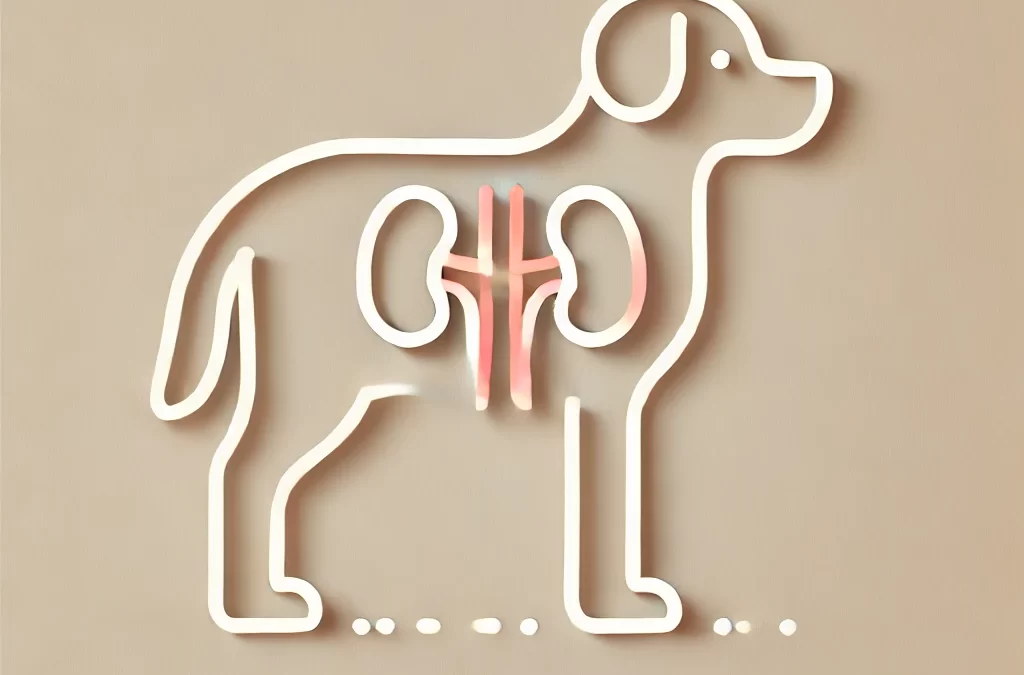狗的腎癌相對罕見,但發生時會嚴重影響狗的健康。這些症狀通常是逐漸出現的,因此早期發現具有挑戰性。了解潛在跡象可以幫助寵物主人及時尋求獸醫護理。
狗腎癌的常見症狀
- 口渴和排尿增多(煩渴和多尿):
- 過度飲酒和排尿可能表示腫瘤導致腎功能受損。
- Loss of Appetite:
- 患有腎癌的狗通常會出現食慾下降,導致體重減輕。
- Weight Loss:
- 即使食物攝取量正常,當身體消耗能量對抗疾病時,體重也會減輕。
- 嘔吐和噁心:
- 癌症引起的腎功能障礙會導致血液中毒素積聚,造成胃腸道問題。
- 腹部疼痛或腫脹:
- 觸摸腹部時,腫瘤可能會導致明顯的腫脹或不適。
- 尿中帶血(血尿):
- 由於腫瘤出血,尿液可能呈現粉紅色或紅色。
- Lethargy:
- 患有腎癌的狗可能會表現出能量水平降低並且不願意進行正常活動。
- Difficulty Breathing:
- 在晚期病例中,腫瘤可能會壓迫周圍器官,導致呼吸問題。
- 牙齦蒼白:
- 貧血通常與腎癌有關,會導致牙齦蒼白。
- 口臭(尿毒症口氣):
- 由於腎功能下降而導致血液中毒素積聚,產生類似氨的氣味。
何時去看獸醫
如果您的狗表現出這些症狀的任何組合,則必須立即尋求獸醫的注意。雖然這些跡象並非腎癌所獨有,但它們通常表明存在嚴重的潛在健康問題,需要診斷和治療。
犬腎癌的診斷
獸醫通常會使用以下方法來確認腎癌:
- 體檢: 檢測腫脹或不適。
- 尿液分析: 檢查血液或尿液中是否有異常物質。
- 血液檢查: 評估腎功能並檢測任何異常。
- 成像: 超音波、X 光或 CT 掃描可以識別腫瘤及其範圍。
- 切片檢查: 可以採集腫瘤樣本來確認其性質。
治療和預後
治療方案取決於腫瘤類型和階段,但可能包括:
- 手術: 如果癌症是局限性的,則切除受影響的腎臟(腎切除術)。
- 化療: 對於某些類型的癌症,化療可能會減緩進展。
- 支持護理: 疼痛管理、補水和營養支持,以維持生活品質。
早期發現可以改善治療效果,因此定期獸醫檢查至關重要,尤其是對於老年犬。
透過識別這些症狀並迅速採取行動,您可以為您的狗提供有效護理並保持良好生活品質的最佳機會。















